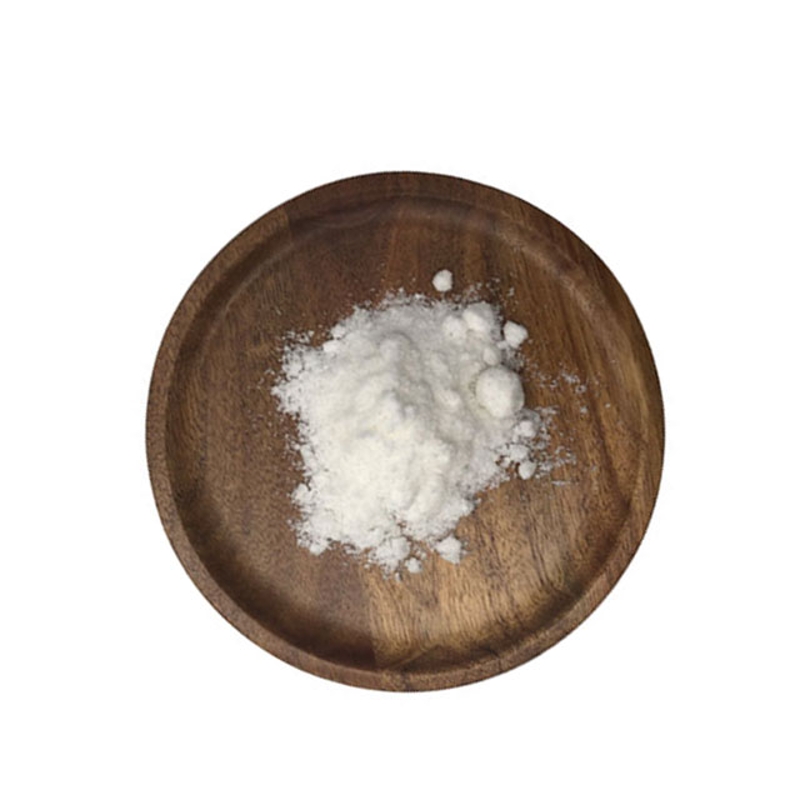-
Categories
-
Pharmaceutical Intermediates
-
Active Pharmaceutical Ingredients
-
Food Additives
- Industrial Coatings
- Agrochemicals
- Dyes and Pigments
- Surfactant
- Flavors and Fragrances
- Chemical Reagents
- Catalyst and Auxiliary
- Natural Products
- Inorganic Chemistry
-
Organic Chemistry
-
Biochemical Engineering
- Analytical Chemistry
- Cosmetic Ingredient
-
Pharmaceutical Intermediates
Promotion
ECHEMI Mall
Wholesale
Weekly Price
Exhibition
News
-
Trade Service
January 12, 2021 /---XIN) -- A protein can wreak havoc in the nerves and heart when it is blocked, preventing the formation of toxic protein blocks linked to Alzheimer's disease, according to a new study led by researchers in southwestern UT.
findings, recently published in the journal Biology Chemistry, could lead to new treatments for the brain disorder.
long known to researchers that sticky spots in proteins called amyloid β are a hallmark of Alzheimer's disease and are toxic to brain cells.
as early as the mid-1990s, other proteins were found in these plaques.
one of the proteins (photo source: www.pixabay.com) is a protein called thyroxine protein (TTR), which appears to act as a protective effect.
when mice with the Alzheimer's model were genetically modified to produce more TTR, they developed a similar rate to Alzheimer's disease at a slower rate.
, when they lower TTR, they develop symptoms more quickly.
, TTR helps transport thyroid hormone and vitamin A derivative retinol to the desired location in healthy people and animals, adds Saelices.
to do this, TTR formed a tidal group - a shape similar to clover with four identical leaves.
However, when they are separated into molecules called monobodies, these individual fragments can function like amyloid β, forming viscous primary fibers that combine to form toxic clumps in the heart and nerves, causing rare amyloid degeneration.
this case, amyloid protein accumulates in the organ and interferes with its function.
Saelices wanted to know if there was a link between TTR's different roles in preventing and causing amyloid-related diseases.
to explore this issue, she and her colleagues developed nine different TTR variants, which have different tendencies and can be separated into aggregated monosomes that form viscous primary fibers.
some quickly completed this operation in a few hours, while others were slow.
are very stable and don't break down into monotones at all.
when the researchers mixed these TTR variants with amyloid β and placed them on neuron cells, they found significant differences in the residual toxicity β amyloid proteins.
that are separated into monobodies and quickly gathered into primary fibers provide some protection for amyloid β, but the life span is short.
provides longer protection time for those who are separated into monotones but take longer.
those who never separated did not provide the protection of β protein at all.
and her colleagues suspect that part of TTR binds to amyloid β, which prevents amyloid proteins from β themselves from forming.
, however, when the protein is in the form of a tymogen, it seems to hide this important TTR.
to be sure, computational studies have shown that a portion of the protein hidden when the leaves bind together may stick to amyloid proteins.
Saelices and her colleagues are currently testing whether the modified TTR peptide can prevent or slow the progression of Alzheimer's disease in mouse models.
if they succeed, she says, the protein fragment could form the basis for a new treatment for the stubborn disease.
"by addressing the mystery of the dual role of TTR, we may be able to offer hope to people with Alzheimer's disease."
" (Bioon.com) Source: Protein that can be toxic in the heart and nerves may help prevent Alzheimer's Original source: Qin Cao et al. The inhibition of cellular toxicity of amyloid-β by dissociated transthyretin, Journal of Biological Chemistry (2020). DOI: 10.1074/jbc. RA120.013440







